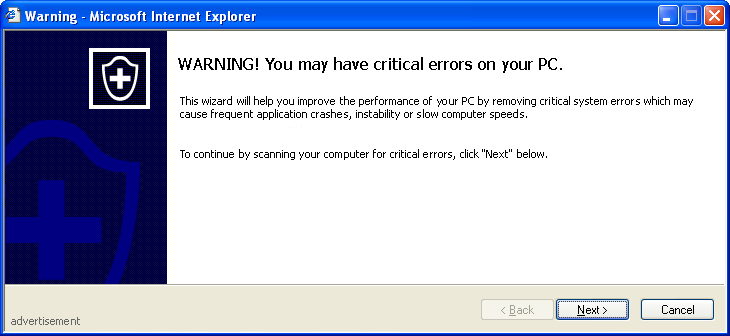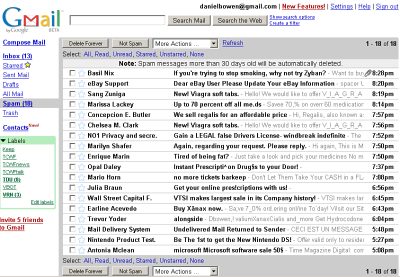Well after deleting what seems like hundreds of bloody comment and trackback spams over the past week, I’ve installed Spam Karma (billed as a “fearless Spam Killing Machine”) on this blog. If it’s successful, I’ll be installing it on my other WordPress blogs.
It includes blacklists, captcha or email verification for suspicious comments, a myriad of settings, all that good stuff. For now I’ve set it to “lenient” mode until I get a feel for how strict it is. Feel free to leave junk comments here to see how it goes. (But beware of deliberately leaving spammy comments — for all I know it may decide to blacklist your IP address!
PS. Tuesday 21:25. The manual install as in the ReadMe worked for fine me, except that you can’t get to the config page through the menus, you have to activate it from the plugins page, then go to the URL it quotes. (This is apparently a known thing with WP1.2, but I guess it applies to WP1.2.2 as well, which we’re running here. Presumably it doesn’t apply to the current nightly builds or to the future 1.5.)
Also be sure to try the test captcha page (linked off the config page) to make sure that bit works (eg the correct PHP libraries are there somewhere. If they’re not, I guess you need to hassle your ISP. Works fine for me.)
PS. Wednesday 21:15. There is a hitch: the e-mail it sends out summarising what it’s done is encoded with something. I think this is an incompatibility with the PHP setup on my ISP… the same thing happened with WordPress 1.2’s password reminder messages. I’ll have to dig around for a fix.
It should also be noted that Tony has tried to plonk it onto a blog he runs, and is having some issues. So it’s not all beer and skittles.
On the bright side, it tells me it caught 20 spam comments in the last 24 hours. I certainly haven’t seen any get let through.
PS. Thursday 20:05. Some are getting through, but evidently nowhere near the total number being caught. Hmmm.



 Oh. Coulda fooled me. So I left a comment on his blog, mentioning that actually
Oh. Coulda fooled me. So I left a comment on his blog, mentioning that actually